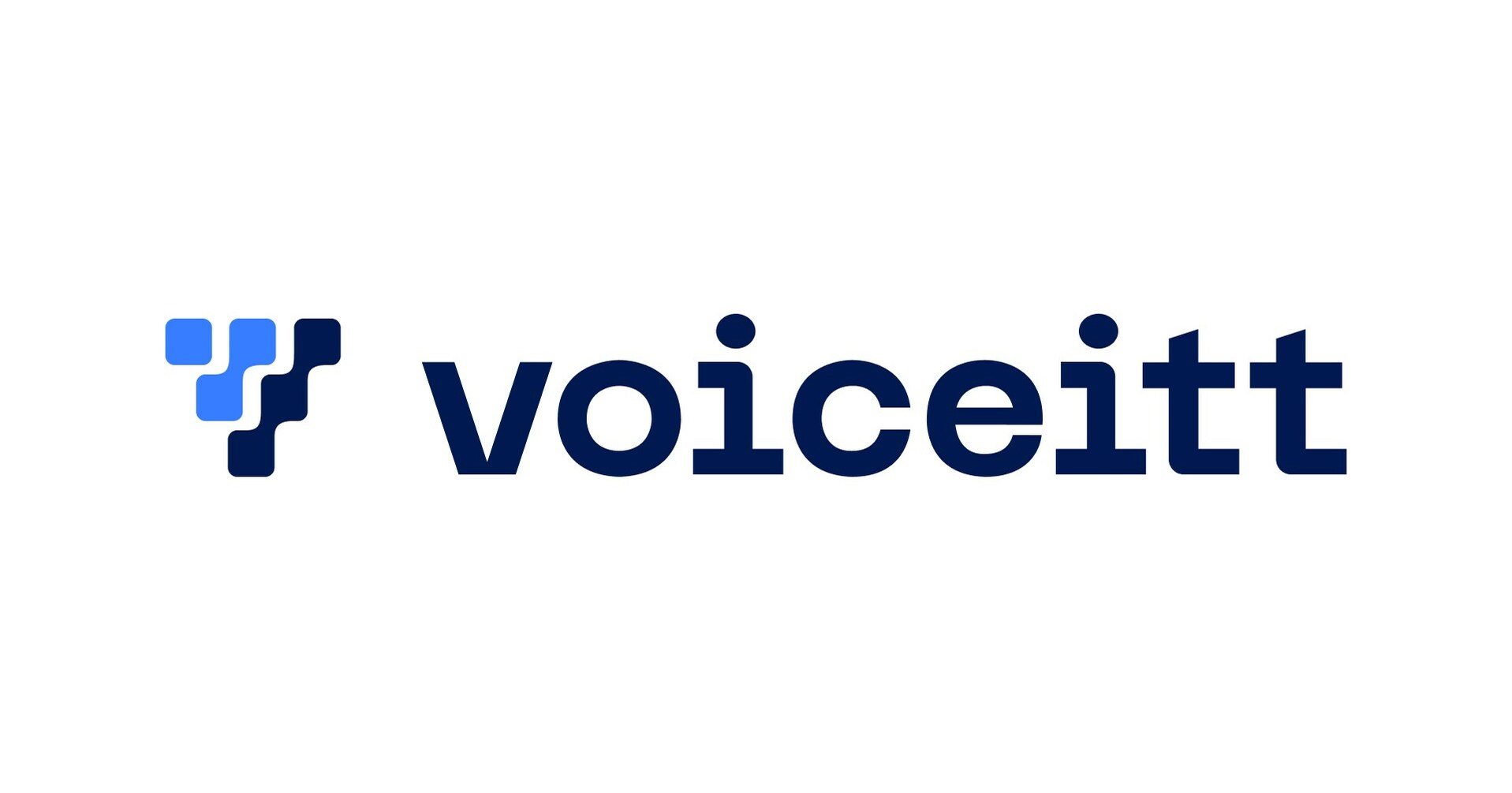Voiceitt validates next-generation speech AI in an innovative pilot project for the deaf

In a program supported by Newlab, Voiceitt is demonstrating the flexibility and inclusivity of its next-generation speech recognition technology for deaf and hard of hearing English speakers with non-standard language.
Tel-Aviv, Israel And STAMFORD, Connecticut., July 1, 2024 /PRNewswire/ — Voiceitt, the IsraelThe London-based leader in speech recognition technology for non-standard speech today announced the successful completion of a joint pilot to validate its inclusive speech AI with deaf and hard of hearing individuals. Voiceitt’s technology was developed with and for people with non-standard speech, and its unique speech database includes voice recordings from people with impaired and atypical speech to augment and enhance Voiceitt’s speech AI models. This database of non-standard speech enables Voiceitt to provide a more inclusive and accurate experience. Voiceitt continues to improve its non-standard speech recognition by providing personalized recognition for individuals who provide at least 200 recordings.
The pilot was supported by Newlab, a deep-tech venture platform that works closely with innovators as they develop, test and scale cutting-edge technologies. The goal of the pilot was to demonstrate improved accuracy of Voiceitt’s speech recognition on deaf speech and provide qualitative insights to evaluate high-impact use cases for speech AI on deaf and hard of hearing individuals.
Jamie LePinnetthe director at Newlab who led the pilot said: “The Voiceitt pilot is directly aligned with the studio’s goals of conducting pilot projects with startups working on impact-driven advancements in voice services. The success of the pilot lays the foundation for strategic collaborations that can have far-reaching impacts on customers and the community as a whole.”
According to the Hearing Loss Association of America48 million Americans have some degree of hearing loss. Although the use of voice-controlled smart speakers and other devices has increased, people with non-standard speech due to deafness or hearing loss are often unable to access and use these devices, which pilot participants said “rarely understand their speech.” Aside from the convenience of using voice recognition compared to typing, some participants noted that interpreters working with deaf individuals do not always accurately convey what the speaker is trying to express. Another pilot participant explained that people discussing a sensitive topic may prefer not to have an outside interpreter present, and that inclusive voice recognition would help avoid “communication breakdowns” and help them be better understood.
“Speech recognition technology is incredibly valuable to the deaf community,” said Tyler Pujeda, a heart researcher in Boston who participated in the pilot project and is now an active user of the Voiceitt application. “New inclusive products can help us feel heard and understood.”
The pilot also analyzed quantitative results from Voiceitt’s proprietary speech recognition software and compared Voiceitt to the industry’s leading speech recognition software providers. Accuracy was measured using Word Error Rate (WER). Deaf users in this pilot achieved an average of 8% WER (more than 90% accuracy) after training the system on 200 recordings. Voiceitt’s system achieved higher accuracy than leading industry software for the deaf speakers with non-standard speech who participated in the pilot, even without any training.
DR. Rachel Levya speech therapist and Voiceitt’s customer success manager, emphasized that while Voiceitt has previously focused on individuals with a variety of speech impairments, this pilot presents a unique opportunity. “This pilot has validated Voiceitt’s compatibility and increased accuracy with deaf voices,” said Dr. Levy. “However, the greatest impact has been the feedback and insights from pilot participants, which have directly influenced the development of solutions that address the needs and preferences of the deaf community and the other communities we serve and support.”
ABOUT VOICEITT
Voiceitt’s mission is to help people with disabilities live more connected and independent lives. Voiceitt’s proprietary Automatic Speech Recognition (ASR) enables people with non-standard speech to access common speech technologies, communicate by voice, and be understood. Voiceitt has been featured in international media including Forbes, Amazon Science, BBC, and The New York Times. Investors include Cisco Investments, Amazon Alexa Fund, AARP and Microsoft’s M12. Voiceitt was founded in 2012 and is headquartered in Israel with a subsidiary in Stamford, Connecticut. Visit www.voiceitt.com to learn more.
ABOUT NEWLAB
Newlab is a venture platform designed to decarbonize the economy. We take a place-based approach to mitigate technology risks, accelerate deep-tech startups, and drive economic development. Newlab has three locations worldwide.
Today, Newlab includes more than 1,000 entrepreneurs, partnerships with forward-thinking companies and social institutions, and a network of active investors – all working together to scale deep tech. To date, Newlab has helped its more than 300 member companies to 5.8 billion dollars of venture capital firms with over 2.3 billion dollars of successful exits and an overall rating of over 20 billion dollars. Visit www.newlab.com to learn more.
contacts
Media contacts:
For Voiceitt:
Sarah SmolleyCo-founder and Vice President of Partnerships
(email protected)
SOURCE: Voiceitt, Inc.




